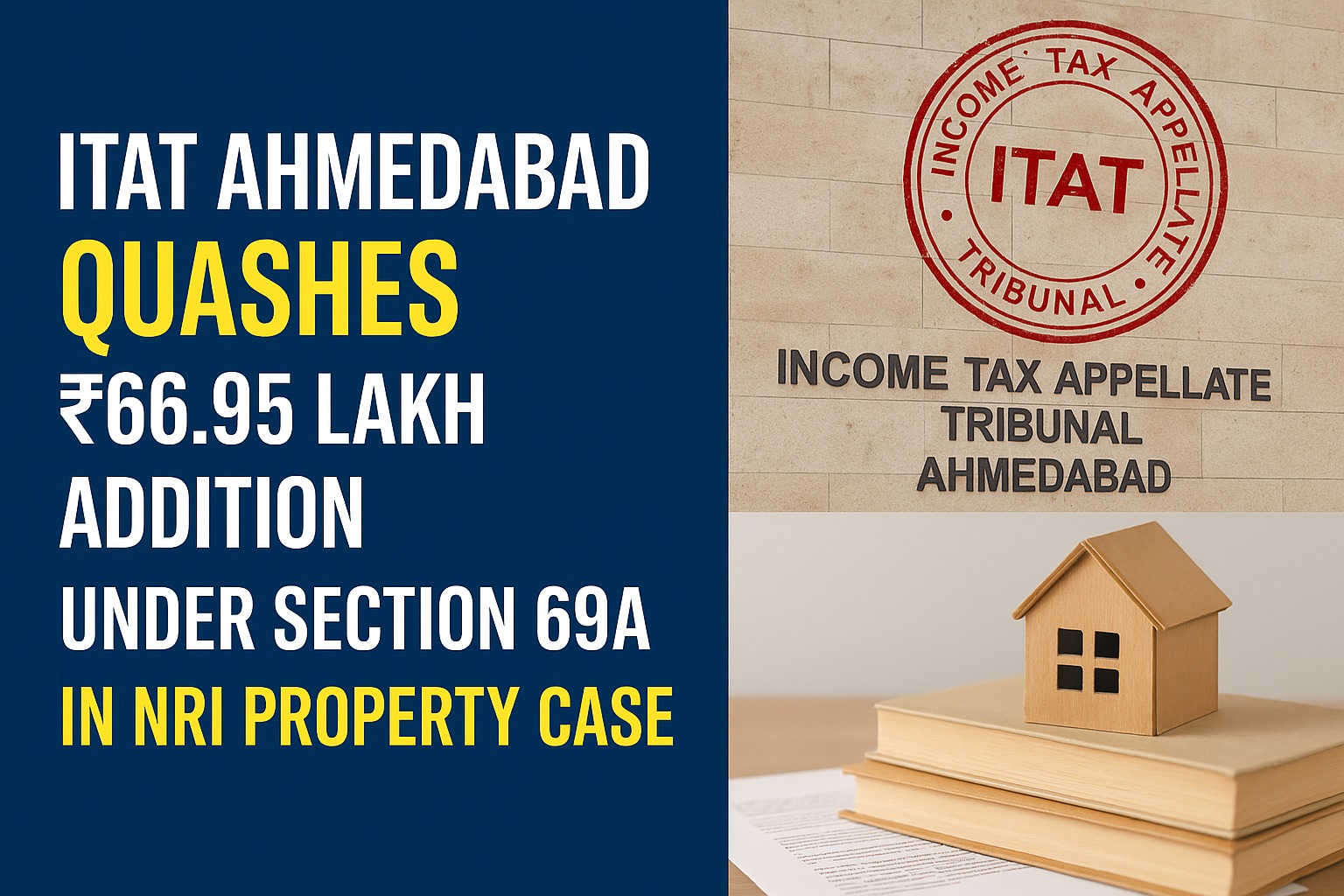 WhatsApp
WhatsApp
 Call Us
Call Us
 Email Us
Email Us
 Whatsapp Community
Whatsapp Community

For non-resident Indians (NRIs), owning a home in India goes beyond just investment—it's about maintaining a connection to their roots. Whether for personal use or as an investment, the Indian real estate market is highly appealing, thanks to favorable exchange rates and the rising demand for properties. But how do NRIs go about securing a home loan in India? Here’s a detailed guide on what you need to know about NRI home loans.
NRI home loans differ from regular home loans in a few key aspects. First, NRIs are often subject to slightly higher interest rates due to the perceived risk of lending to individuals residing outside India. Additionally, loan repayment must be conducted strictly through NRE (Non-Resident External) or NRO (Non-Resident Ordinary) accounts or via international remittances.
These home loans also require compliance with FEMA (Foreign Exchange Management Act) and RBI regulations, which govern cross-border remittances and payments in India. As an NRI, understanding these rules is essential to avoid legal or financial hurdles.
Just like resident Indians, NRIs can apply for loans to buy residential properties—whether they're under construction or ready for possession. You can also apply for loans to purchase a plot or fund home improvement projects. However, under FEMA guidelines, NRIs are not allowed to buy agricultural land, farmhouses, or plantations.
To be eligible for an NRI home loan, you must meet specific criteria:
Age Requirement: You must be at least 25 years old.
Educational Qualifications: A diploma or degree is required. Additionally, you should have at least three years of overseas work experience or one year of experience with a professional degree.
Employment Type: Salaried or self-employed individuals with a steady income abroad are eligible. Self-employed NRIs must provide a high school certificate or equivalent qualification.
These factors also influence the loan amount, with lenders considering your income stability and qualifications.
As per RBI regulations, repayment of NRI home loans must be made through NRI accounts—either NRO or NRE. You can also repay through international money transfers from overseas. Many banks in India also allow for pre-payment of loans, but similar to regular repayment, it must be done using funds from NRI accounts or through foreign remittances.
NRIs need to furnish additional documents when applying for a home loan, compared to resident Indians. These include:
The loan amount sanctioned depends on the value of the property, your educational qualifications, and the stability of your income abroad. Lenders typically offer 80-85% of the property’s value, with the rest to be paid as a down payment.
As for interest rates, NRIs should expect slightly higher rates compared to resident Indians. This is because NRIs are classified as higher-risk borrowers, as they live outside India. It’s crucial to compare rates across banks and financial institutions to find the best deal.
1. Are NRIs eligible to buy agricultural land or farmhouses with home loans?
No, under FEMA regulations, NRIs cannot purchase agricultural land, farmhouses, or plantations with a home loan. They can, however, buy residential properties and plots for home construction.
2. Can NRIs prepay their home loans?
Yes, NRIs can prepay their home loans, but the pre-payment must come from their NRE/NRO accounts or through foreign remittances.
3. What are the typical loan tenures for NRI home loans?
NRI home loans usually have tenures ranging from 5 to 20 years, depending on the lender and your repayment capacity.
4. How do I repay my NRI home loan?
Loan repayments must be made through NRE or NRO accounts, or via international remittances directly from your country of residence.
5. What are the key documents required for an NRI home loan?
NRIs need to provide passport and visa copies, salary slips or income proof, bank statements, a property purchase letter, and a Power of Attorney (POA) document.
6. How do lenders determine the loan amount for NRIs?
Lenders consider multiple factors like the value of the property, the applicant’s educational qualifications, income, and work experience abroad to determine the sanctioned loan amount.
For NRIs, buying a home in India can be a great way to stay connected to their roots. However, navigating the home loan process can be tricky, especially with specific requirements around documentation, loan repayment, and compliance with FEMA regulations. By understanding the eligibility criteria and working closely with a reliable financial advisor, you can make the process of securing a home loan in India smoother.
At Dinesh Aarjav & Associates, we have years of experience assisting NRIs with their home loan needs, ensuring smooth transactions while complying with all regulations. Get in touch with us to start your home loan journey today!







Stay in the loop, subscribe to our newsletter and unlock a world of exclusive updates, insights, and offers delivered straight to your inbox.